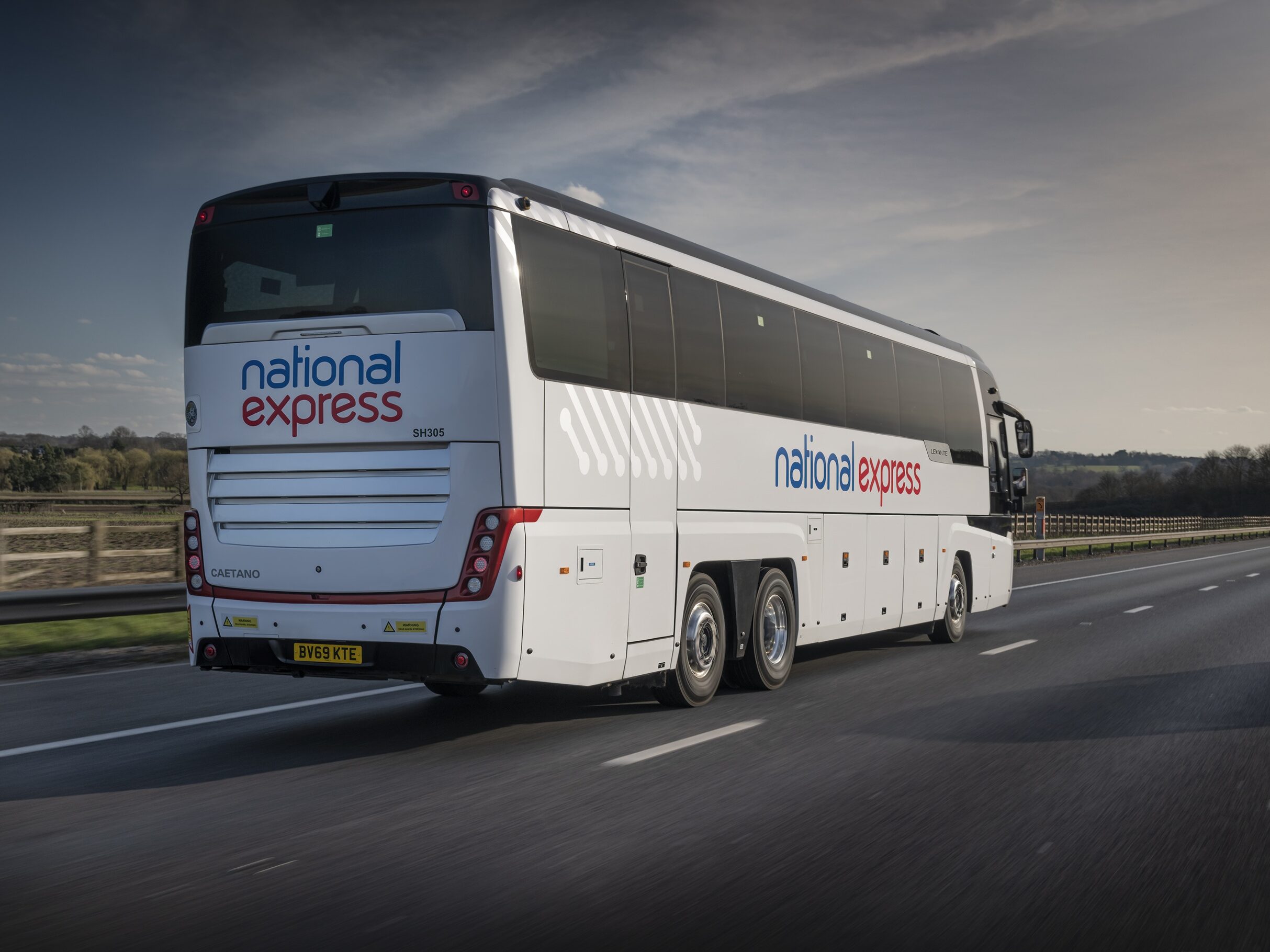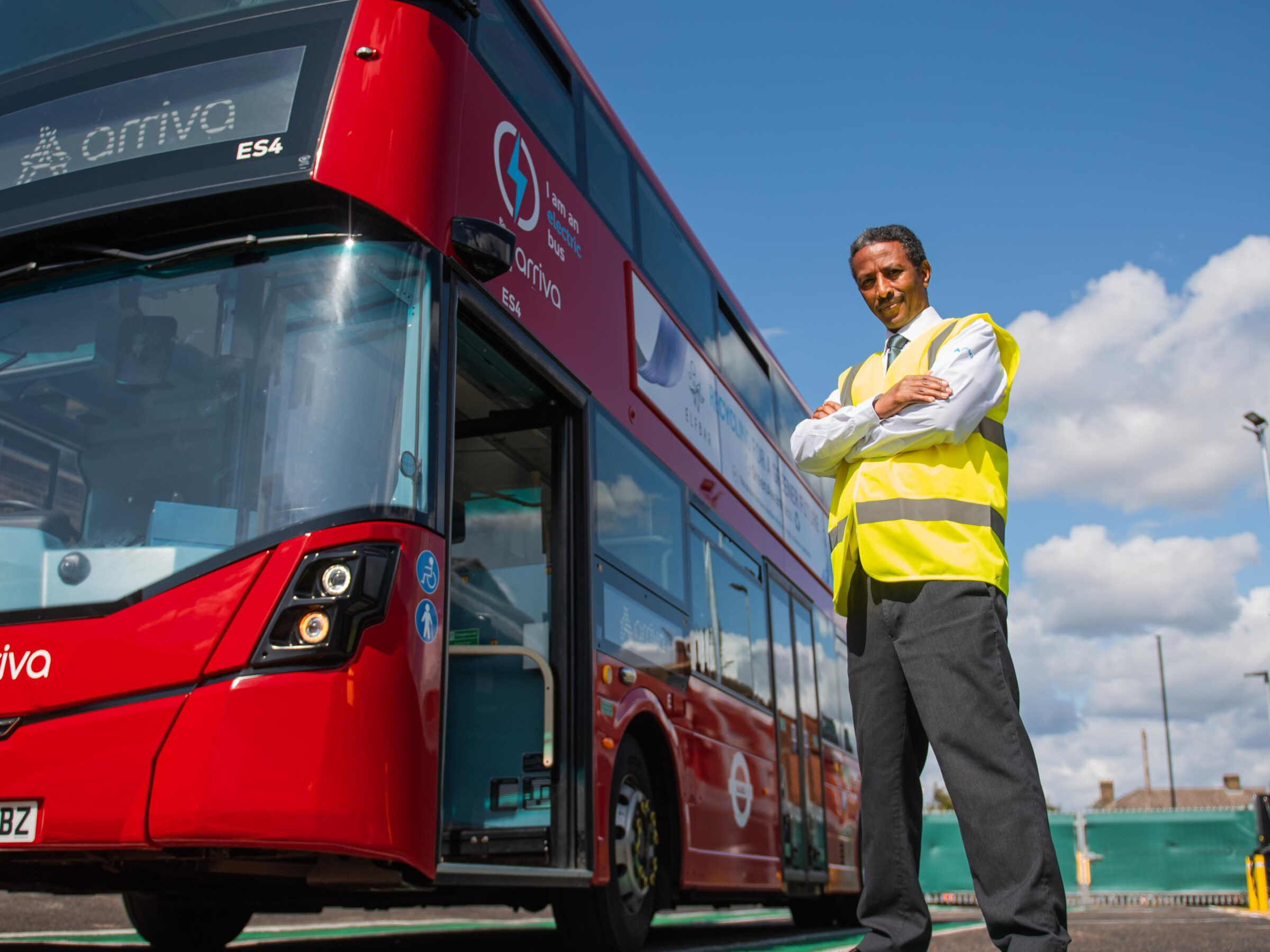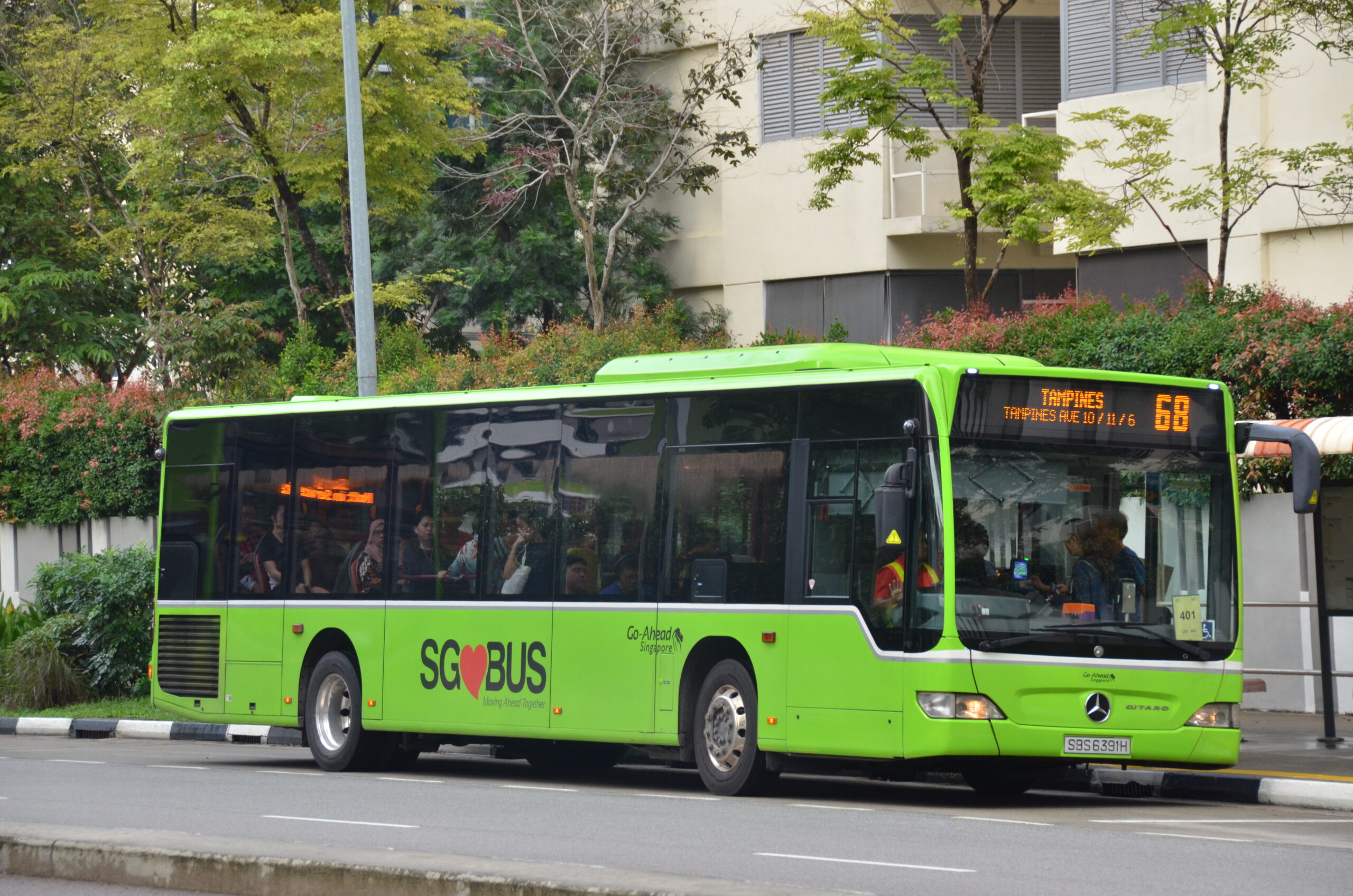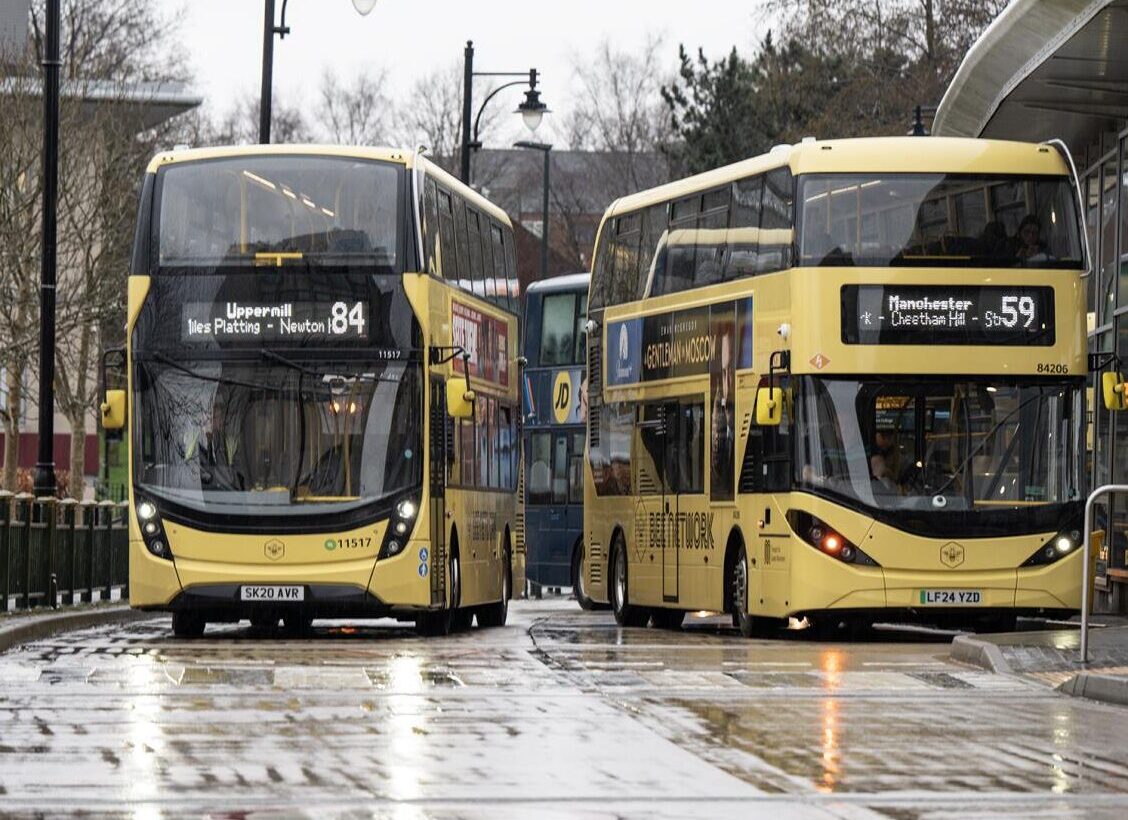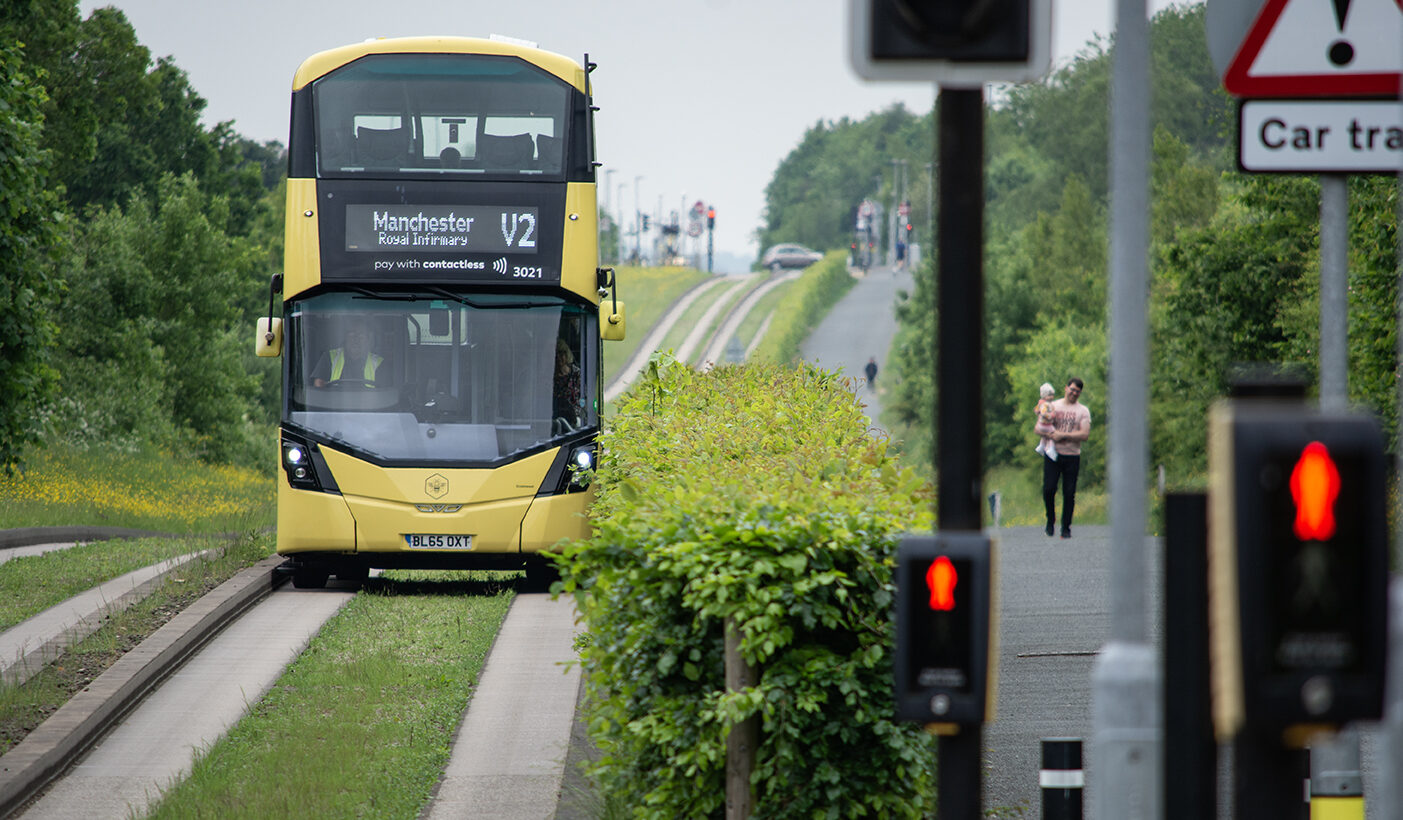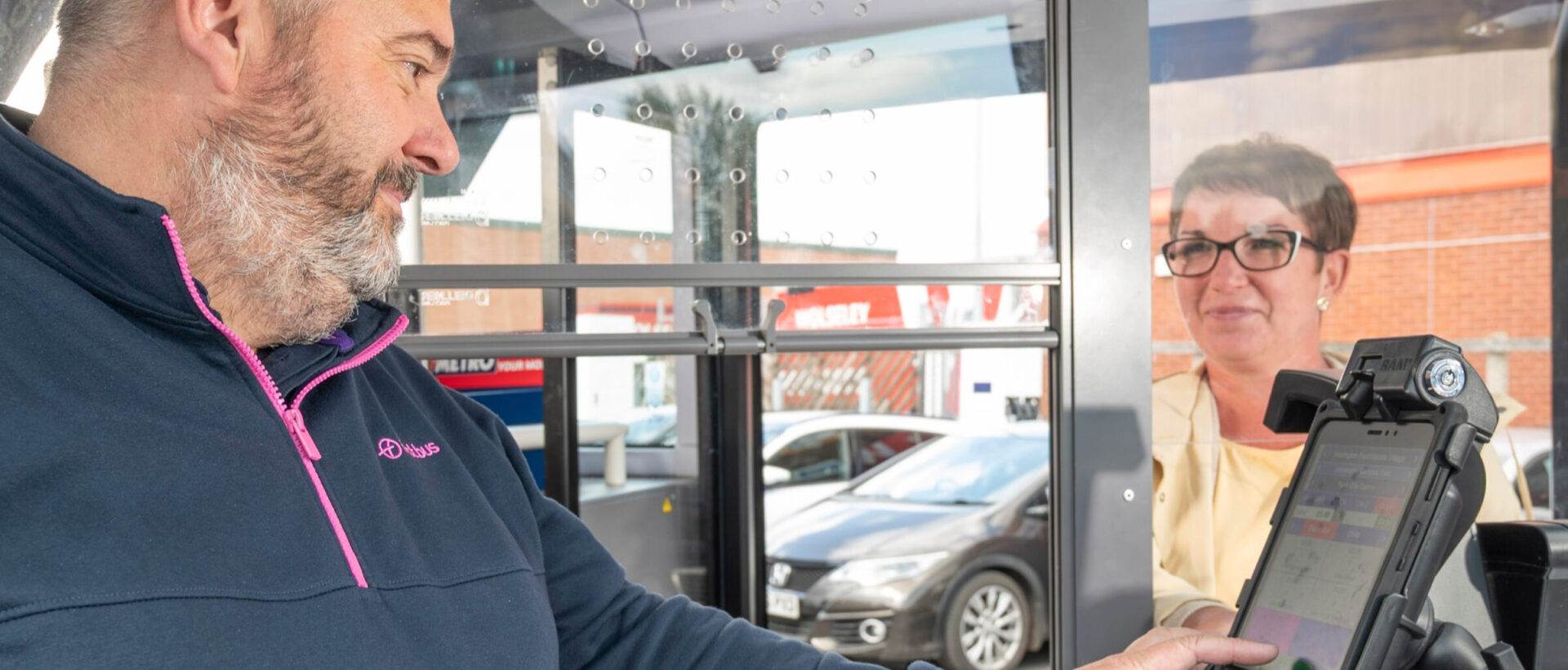Bus ridership numbers in England remain below pre-pandemic levels despite a range of government interventions, according to a new report by the National Audit Office (NAO).
The report, Local Bus Services in England, highlights the ongoing challenges faced by both passengers and operators.
Local bus journeys outside London totalled around 1.8 billion in 2023–24, representing a 9% fall compared to 2019–20. The decline follows a long-term downward trend that was accelerated by the COVID-19 pandemic.
Although the Department for Transport (DfT) introduced a 2 GBP fare cap in 2023, which was estimated to have led to a 5% increase in ridership, this measure has not resolved broader issues such as service frequency, coverage, and reliability. The cap has since been raised to 3 GBP as of January 2025 and is scheduled to remain in place until March 2027.

Government initiatives, including the National Bus Strategy, have aimed to reshape local transport. Local transport authorities have also been encouraged to form ‘enhanced partnerships’ with operators or pursue franchising models. While this has improved collaboration in some areas, many schemes designed to prioritise bus travel are still pending delivery. What’s more, franchising is seen by local authorities as a complex and resource-intensive approach.
Notably, many local authorities are facing financial and resourcing constraints. Almost half (46%) rated their capacity to deliver local transport as “fairly poor” or “very poor,” citing difficulties in recruitment, skills development, and retention. These issues coincide with the devolution of more responsibilities for managing bus services at the local level.
Meanwhile, operators have become increasingly reliant on public funding, which now makes up around half of their income. Rising operational costs, especially wages and fuel, are also placing pressure on commercial viability.
The NAO concludes that while DfT has made progress in fostering collaboration and supporting planning, gaps remain in delivery and capability. It recommends that the department improve its understanding of the needs of different local transport authorities and provide targeted support accordingly.
It also calls for clearer and more consistent communication about the government’s long-term ambitions for bus services, to help the sector align and plan more effectively.
Gareth Davies, the Comptroller and Auditor General said:Bus travel should be an easy and reliable transport choice but government’s attempts to improve services have not always worked. DfT should work with local transport authorities and the bus sector to maximise the impact of the available resources in reversing the decline in bus usage.











